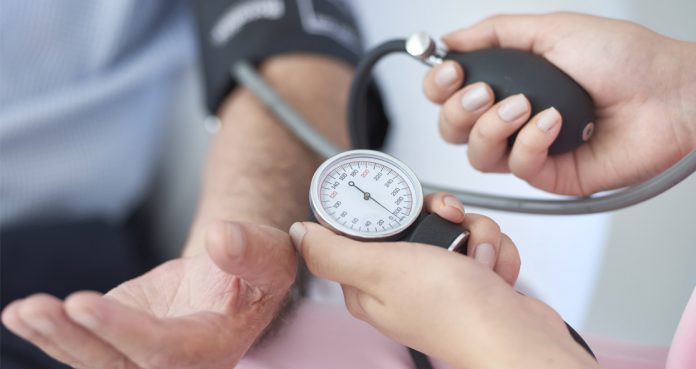A new study, published in the Journal of the American Geriatrics Society, has suggested that older people may need different recommendations to maintain healthy blood pressure.
More than half of the Americans aged 60 and above have high blood pressure (hypertension) and it is important to maintain one’s blood pressure to prevent life-threatening events, such as heart attack, stroke, or kidney disease.
According to the American College of Cardiology (ACC) and American Heart Association (AHA) guidelines, people who are 65 or above should not have a systolic blood pressure of more than 130 mmHg.
Many older people develop health issues by the time they reach 85. According to the U.S. Department of Commerce estimation, at least 10 percent of Americans will be 85 or older by 2050.
And the new study, which was conducted on more than 1,160 participants, has recommended blood pressure guidelines for individuals who are 85 or above.
Researchers looked at the participants who had experienced heart attacks, strokes, changes in kidney function, cognitive decline, quality of life reduction, and who had died. They found that around 27 percent of them had a history of heart disease, while the majority of them had three or more medical conditions.
The average age of the participants was 84. More than half of them were taking five or more medications for their health issues.
The researchers found that the participants had a systolic blood pressure of approximately 142 mmHg.
Dividing the participants into two groups, the researchers wanted to determine whether aggressively controlling the blood pressure would help lower the risk of strokes, heart attacks, cognitive decline, or death.
One group received “intensive” treatment to bring down their systolic blood pressure under 120 mmHg, while the other group received assistance to keep their blood pressure under 140 mmHg.
The group that achieved systolic levels to 120 mmHg or less had a lower risk of cardiac events and cognitive impairment; however, they had significant changes in their kidney function, some requiring hospitalization due to kidney damage.
The development of dementia in both groups was about the same. The study suggests that reducing the risk of heart disease or cognitive decline may well outweigh the risk of changes in kidney function.




















